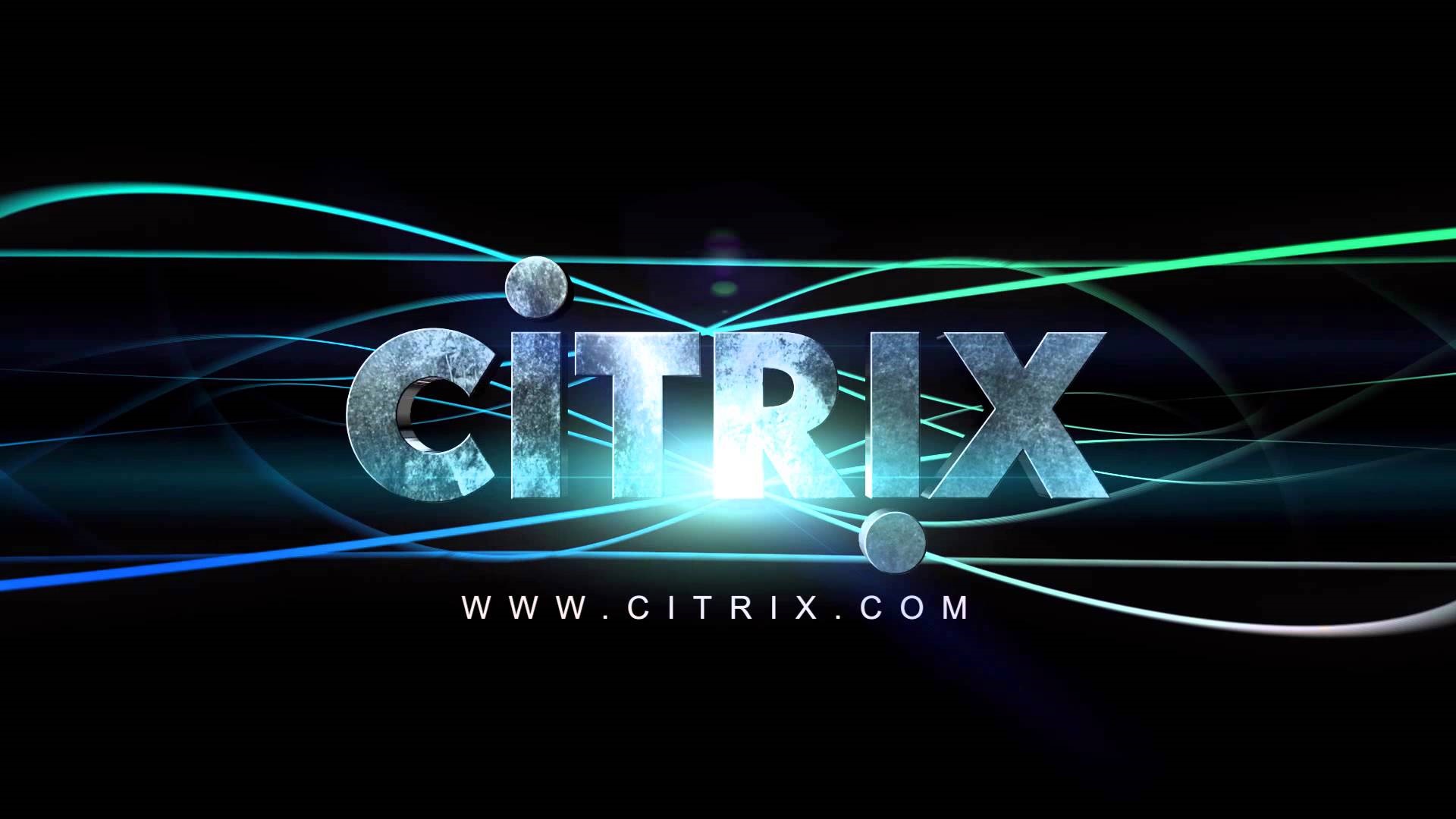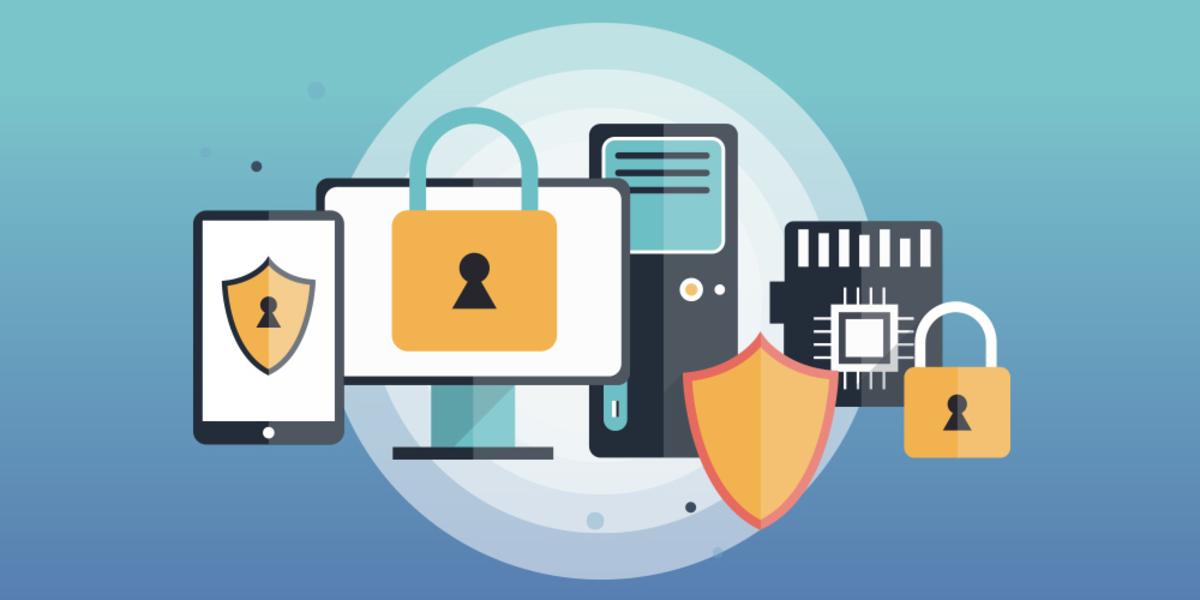Citrix completes $1.8B deal with Massachusetts company
Citrix completed Wednesday a major transaction with Massachusetts software company LogMeIn, finalizing the spin-off of a signature software service created by the Fort Lauderdale company.
The plan to divert GoTo, a line of remote-access software, was floated by Citrix (Nasdaq: CTXS) more than one year ago. U.S. Securities and Exchange Commission filings indicated doing so would be costly.
The merger of the Citrix GoTo line of remote-access software products was officially announced in July 2016 — a $1.8 billion transaction that occurred amid other restructuring efforts within the company. Now finalized, the deal will shift LogMeIn (Nasdaq: LOGM) common stock to Citrix shareholders for each share of Citrix common stock owned as of Jan. 20.
LogMeIn was founded in 2003 and is based in Boston. Like Citrix, it is a provider of software as a service — often referred to as SaaS — and cloud-based remote connectivity services for collaboration, IT management and customer engagement.
Citrix today appears to be on solid footing, riding the wave of positive annual earnings that show year-over-year growth following. The report, released Thursday, included restructuring costs of about $71 million but showed strong financials overall; Citrix increased earnings by 68 percent — from $3.28 billion in fiscal year 2015 to $3.42 billion the following year.
“Overall, 2016 was a great year. We made significant strides in advancing our vision, strategy and culture, while at the same time rapidly expanding profitability and growth in our core business,” said Citrix CEO Kirill Tatarinov.


